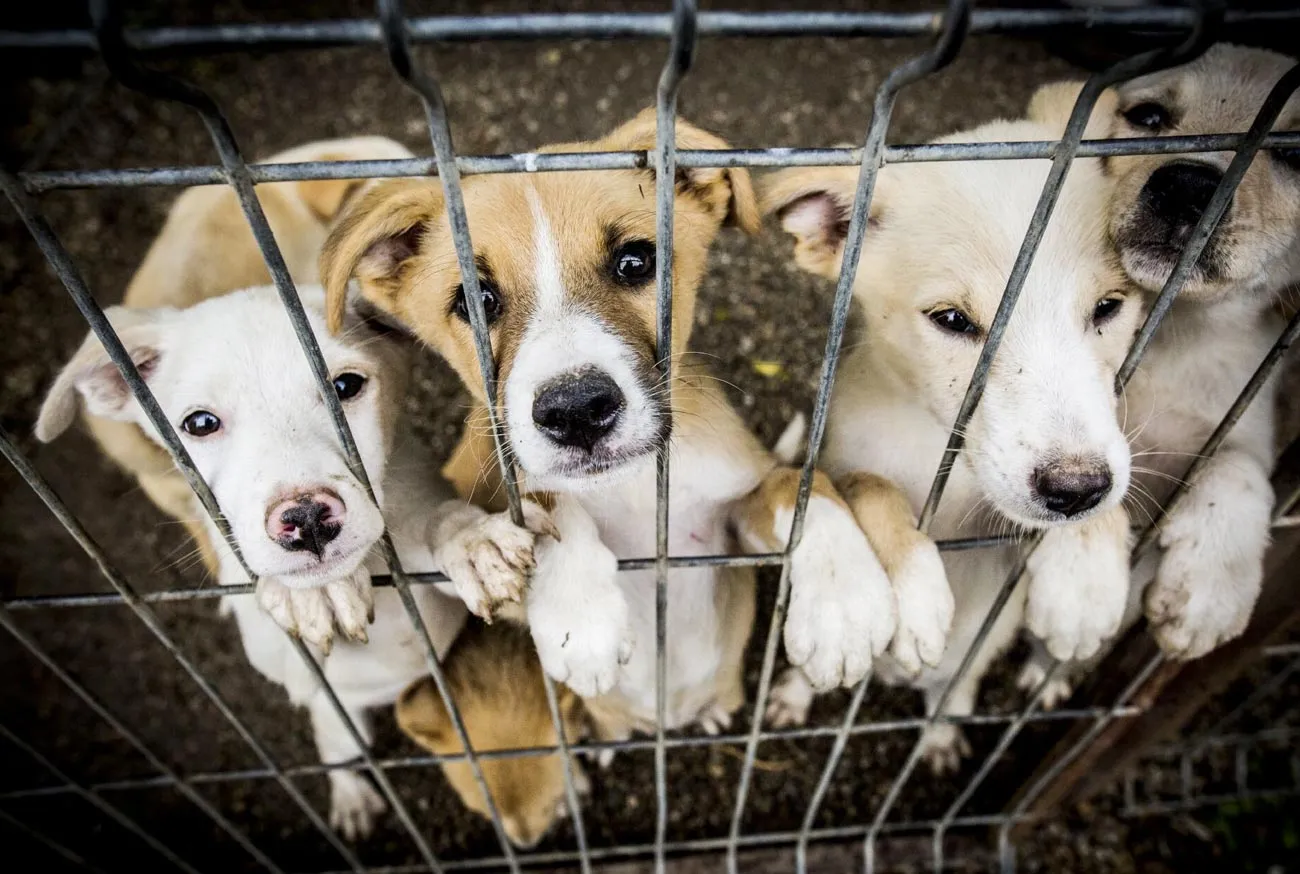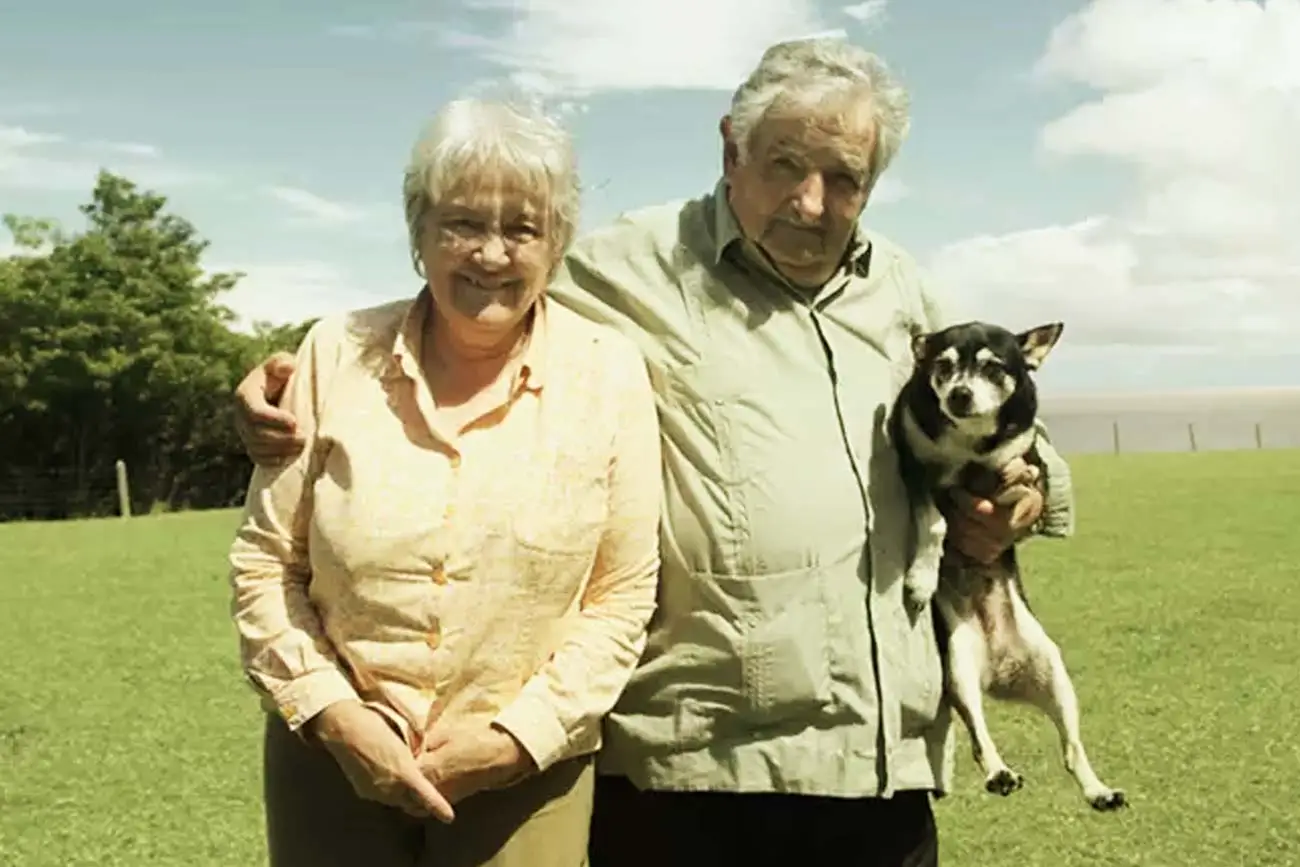Why the behavior of adopted pets can be unique
Each pet is a universe in itself. When it comes to adopted animals, their past experiences play a significant role in shaping their personality and behavior. Many rescued pets have gone through abandonment, mistreatment, or neglect. These experiences can result in fears, distrust, and, in some cases, emotional trauma.
On the other hand, many adopted pets demonstrate an enormous capacity for love and gratitude. They may be shy at first, but with patience and care, they become loyal and loving companions. It’s crucial to understand that these unique behaviors are shaped by both their previous environment and the love and dedication you provide.
First steps: creating a safe environment for your adopted pets
The first challenge for those who adopt a pet is creating a space where they feel safe and comfortable. Adopted animals often need more time to adapt to a new home. Here are some practical tips:
- Prepare a cozy spot: Choose a calm and quiet area where the pet can rest and feel protected.
- Avoid overstimulation at first: Loud noises, many visitors, or sudden changes in the environment can make them anxious.
- Provide essential resources: Have food, fresh water, toys, and a comfortable bed readily available.
Creating a safe environment is the first step to helping them relax and explore the new space with curiosity.

How to interpret the behavioral signs of adopted pets
Observing and interpreting the signals your adopted pet gives is essential for understanding their emotions and needs. Every behavior has a meaning, and decoding it can make all the difference.
- Attentive gaze: If they avoid eye contact, they may feel insecure; seeking your gaze shows curiosity or trust.
- Body posture: Tails tucked between their legs and flattened ears indicate fear, while a wagging, relaxed tail shows comfort.
- Vocalizations: Meows, barks, or sounds can range from calls for attention to discomfort or expressions of joy.
Learning to "listen" to the behavior of an adopted pet is an act of empathy, showing that you respect their pace.
Building trust and creating bonds
Trust is the foundation of any relationship, and it’s no different with an adopted pet. To earn your new friend’s trust, it’s important to:
- Respect their time: Don’t force interactions; let them approach you naturally.
- Offer rewards: Use treats to reinforce positive behaviors and show that you are a source of good things.
- Establish a routine: Pets feel safer when they know what to expect from the day. Regular feeding, walks, and playtimes help create predictability.
With patience and consistency, you’ll notice how your pet starts to open up and trust you more.
Games and activities: strengthening the bond with your pet
Playing with your adopted pets is not only fun but also a way to build emotional connections. Pet adoption means providing moments of joy, and the right activities can help:
- Interactive games: Playing fetch, using wands for cats, or chew toys for dogs are great options.
- Regular walks: Taking your pet to parks or quiet streets strengthens the bond and reduces stress.
- Positive training: Teaching basic commands like “sit” or “give paw” is a way to interact and build trust.
These moments reinforce your relationship and help your adopted pet feel part of the family.
Common challenges and how to overcome them
The first few months won’t always be perfect. It’s common for pets to display unexpected behaviors, but this doesn’t mean the adoption isn’t working. Here’s how to handle some common challenges:
- Separation anxiety: Many adopted pets fear being alone. To help, establish a routine of short absences and gradually increase the time.
- Excessive fear: Use positive reinforcement and never punish an animal for being afraid. Encourage them with treats and praise.
- Aggressiveness: This may be a response to fear or insecurity. Seek help from an animal behavior specialist if needed.
With empathy and persistence, you can overcome these challenges and build a harmonious relationship.
Inspiring pet adoption stories
Many people who have adopted pets share heartwarming transformation stories. For example, the story of "Luna," a dog rescued from abuse who became a loyal companion after months of care and patience, showcases the power of pet adoption.
Every adopted pet has unique potential for love, and helping them reveal it is one of the most rewarding experiences ever.
Fun facts about adopted pets
- They learn quickly: Many adopted animals, especially dogs, show a greater willingness to learn commands and adapt to routines.
- They show gratitude: While they can’t speak, rescued pets often display gestures of affection that seem to say “thank you.”
- Each one has a unique personality: Adopting an animal is a journey to discover their quirks, preferences, and special traits.
Pet adoption transforms lives
Adopting a pet is not just giving an animal a second chance. It’s creating a unique connection based on love, patience, and dedication. Understanding the behavior of adopted pets and engaging in their adaptation shows them they’ve finally found a home where they’ll be loved and respected.
If you’ve already adopted or are thinking about adopting, remember that the journey may come with challenges, but the emotional rewards are immeasurable. Share this article with your friends and family! You might inspire more people to transform lives through pet adoption.

















Add comment